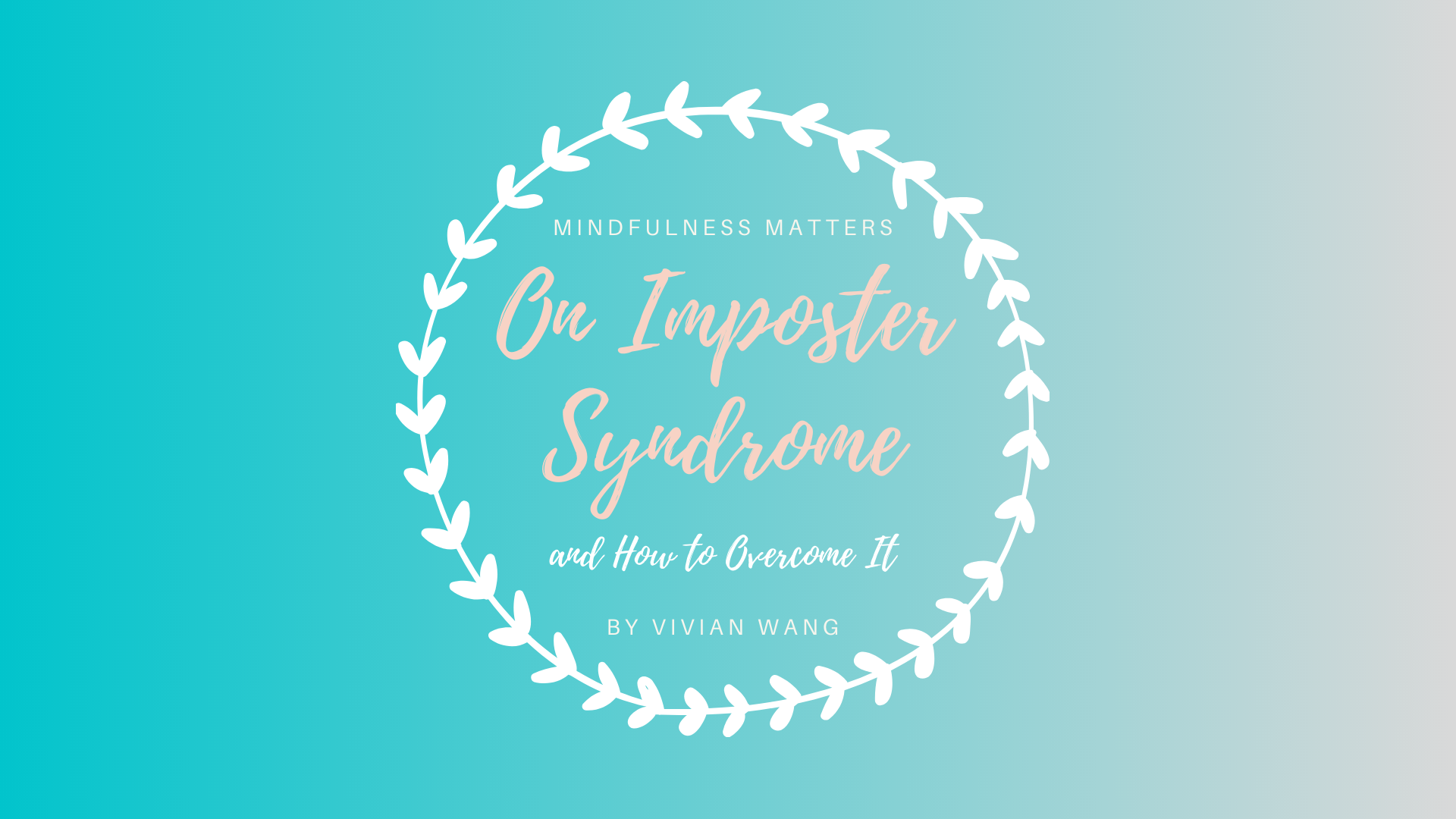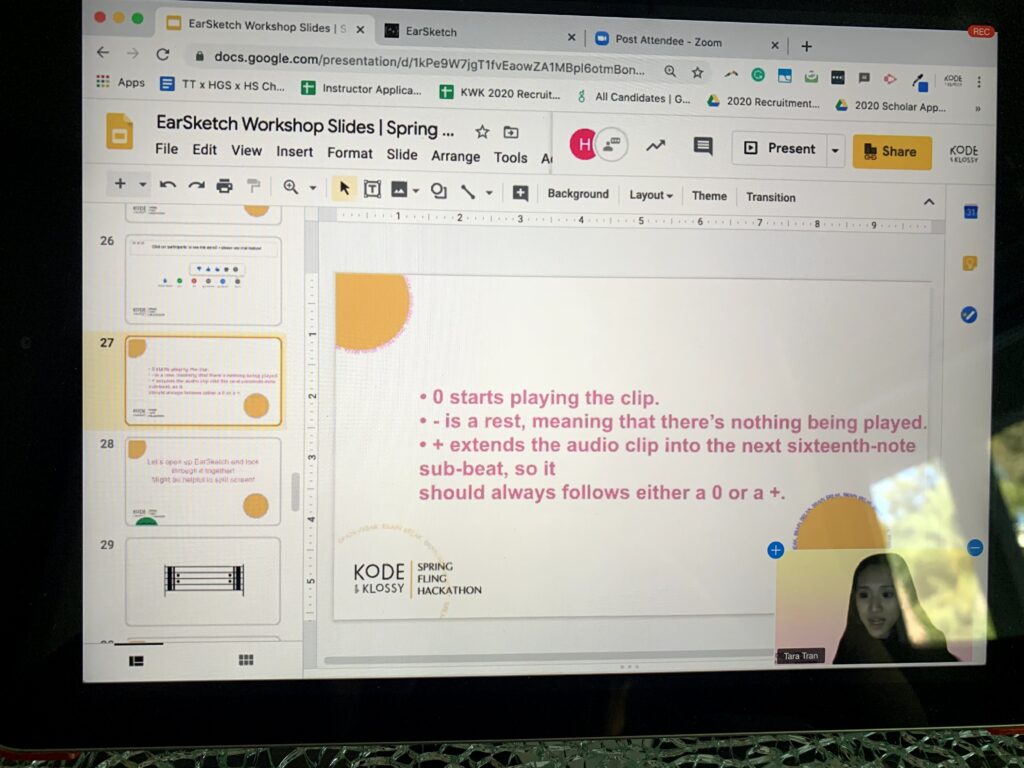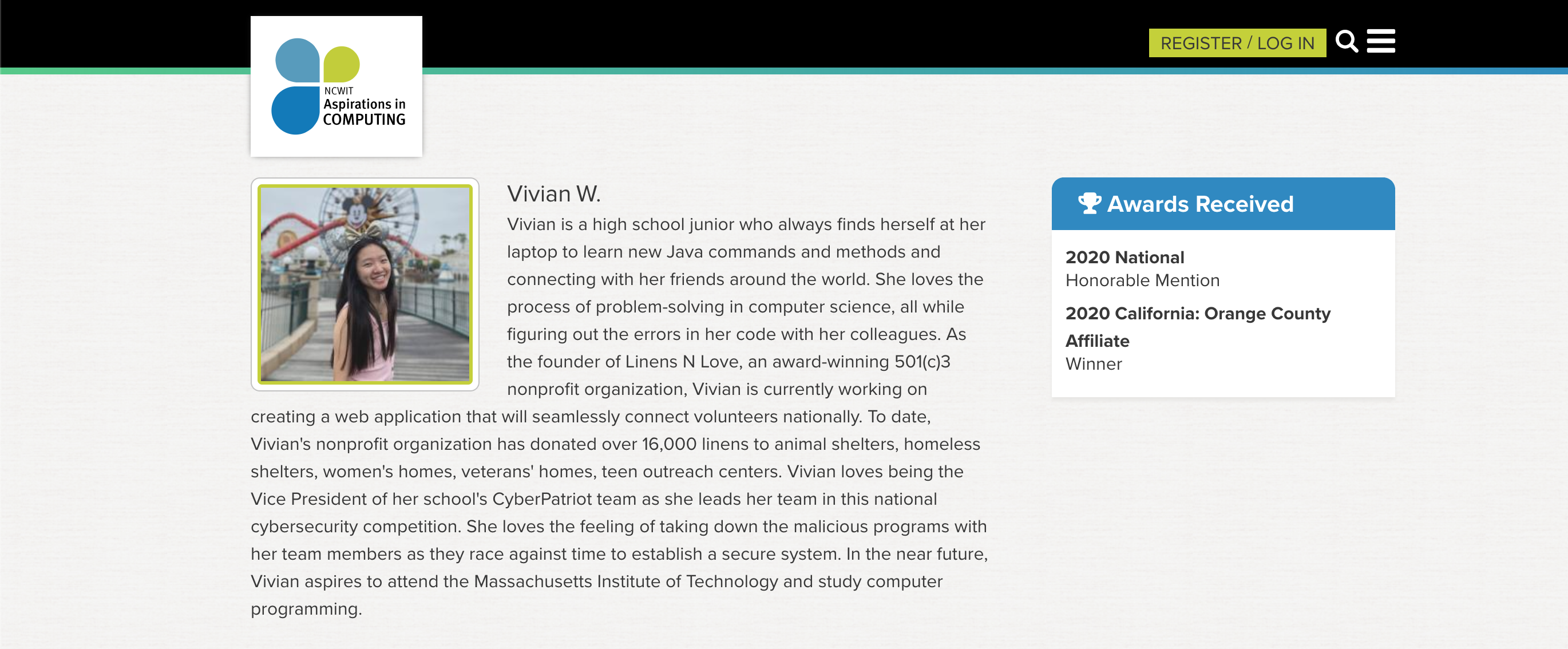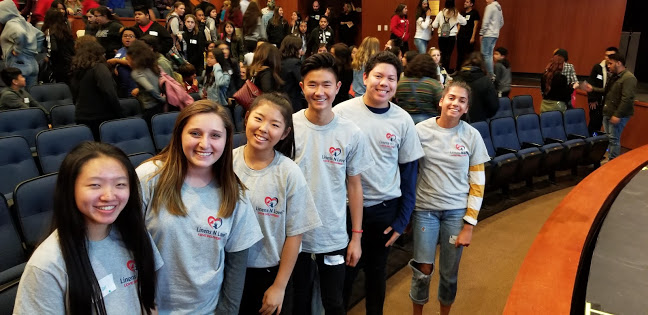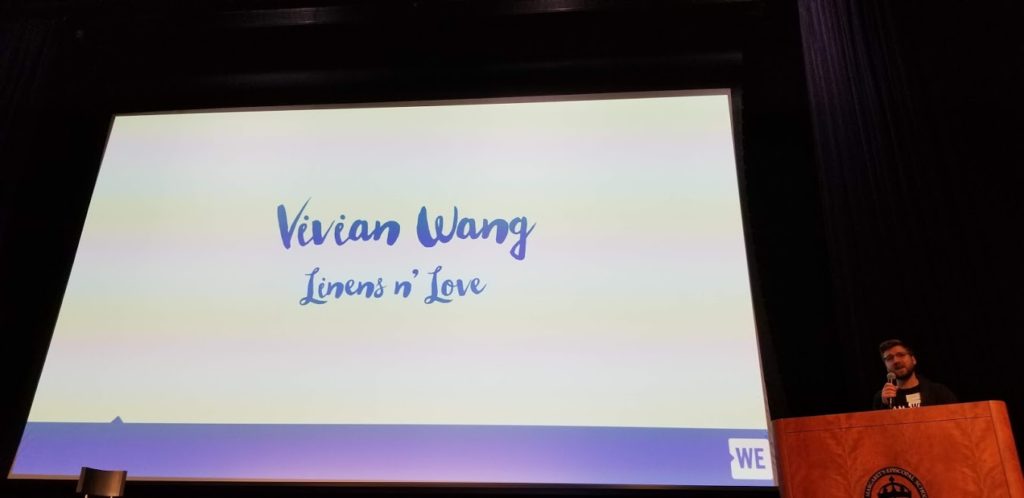Imposter syndrome: a timeless and inevitable characteristic integrated into society. In the competitive environment that typical high school students live in, imposter syndrome is the underlying cause of self-doubt and lack of confidence.
As defined by TIME, imposter syndrome is “the idea that you’ve only succeeded due to luck, and not because of your talent or qualifications.” It’s not a disease or abnormality but is instead a psychological pattern.
As a high school junior in the International Baccalaureate Program, I’m surrounded by competitive, intelligent students who prioritize education more than any other aspect of their life.
I oftentimes find myself comparing my skills and academics to other students as they seem to always be one step ahead of me.
Students at my school cry over scoring anything less than 90% on a test, seeking support and empathy from fellow students. Imposter syndrome devours a student’s mind the moment they step foot on campus.
This detrimental mindset affects millions of individuals around the world today, especially women. Women empowerment movements have strengthened female communities, yet the everlasting imposter syndrome is still hard to overcome regardless of one’s gender.
Many females globally face imposter syndrome without realizing that they embody the characteristics of this syndrome.
Psychology Today explained that imposter syndrome “has actually been found to impact men and women in roughly equal numbers.”
With no physical, tangible indicator, imposter syndrome is oftentimes masked by the individual facing the syndrome. In TIME Magazine’s article on imposter syndrome, they delineate the patterns that they have found in certain types of individuals.
“Perfectionists” frequently question their competence and analyze more of their failures than celebrating their successes.
Before applying to a job, “Experts” want to know that they meet the criteria of every qualification; they are also the students who overanalyze the comment that they want to share in a class discussion but fear to misconvey their ideas or sound incompetent.
“Supermen” and “superwomen” feel the desire to excel in every aspect of life: academics, work, athletics, and extracurriculars. The ambition to join every organization and club available on campus or the drive to earn a 100% on every test may resemble characteristics of “supermen” and “superwomen.”
The definition of “success” for countless high schoolers has its own variations, but one commonality shared among a majority of high schoolers is a lack of a consistent sleep schedule.
The competitive nature of high schoolers causes sleep to become cast aside. In the eyes of a high schooler, sleeping for only four hours equates to being able to accomplish more goals and responsibilities and get one step ahead of fellow high schoolers.
Imposter syndrome may be the cause of irregular sleep schedules as individuals feel that what they do will never be enough.
To overcome imposter syndrome, one of the first steps that one can take to deal with it would be to recognize and celebrate the accomplishments, both small and large.
Remember that no one is perfect and that we are all human. We can learn to overcome our adversities and turn to our support system by talking to the people around us.
Mindfulness and mental health play a large role in imposter syndrome. Comparing oneself with fellow colleagues and believing that one’s accomplishments aren’t merited come hand in hand with imposter syndrome.
I’ve learned to compare myself to only myself. I compare myself to my past as I cherish my accomplishments and reflect on my adversities. When imposter syndrome gets to me, I have learned to reframe my thoughts and mindset to a growth mindset.
I’m growing each day as I grow in confidence and shake off the self-doubt that I once had. Maintaining a balance of modesty and confidence is one of my goals that I’m working on, starting with participating daily, and sharing my ideas in class.
Experiencing moments of doubt and disappointment is normal. We’ve all faced imposter syndrome in one form or another.
As explained by imposter syndrome expert Valerie Young, it’s important to recognize one’s feelings and to overcome the imposter moment to avoid living an imposter life.
